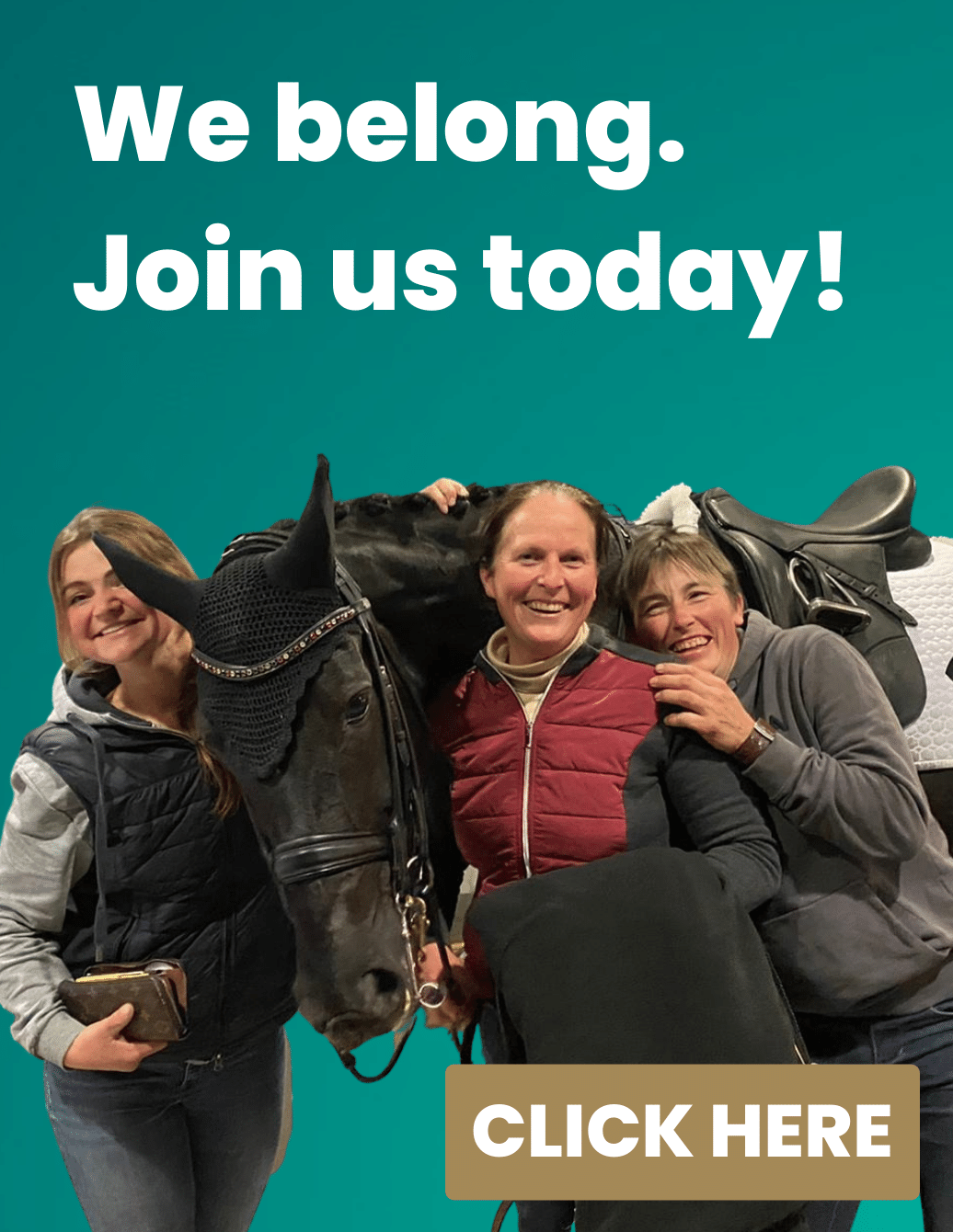Working as a groom can be an emotional rollercoaster, bringing amazing highs but also what can seem like life shattering blows. Our US Coordinator Courtney discusses how to deal with the loss of a horse.
“Working with horses has brought me the highest highs I ever thought I could experience. I have been at the finish line of some of the best cross country tracks in the world, watched young horses I helped when they were babies finish their first 4 and 5* competitions.
Horses have also brought me some of the most devastating heartbreak. I have never been naive enough to think that I would not suffer loss while working with animals but I was naïve to think that I would not have to address grief head on throughout my career, thinking that I could bottle it up.
No one wants to talk about how it feels to load up all your equipment into an otherwise empty trailer and drive it home. They don’t discuss seeing the empty stall with perfectly fluffed shavings to not be rolled in again.
When there are more horses to be fed, stalls to be mucked out, and another horse show lingering the next weekend a lot of grooms bury themselves in work and don’t ever take time to process the loss. Your friends may offer condolences, hugs go around, but how do you keep getting up the next morning?
We tend to find comfort in the daily grind, but this is not the healthiest way of doing things. I spoke with Dr. Tyler Held, Certified Mental Performance Consultant and former 5* groom, about how to manage grief.
“You’re going to deal with grief in your own way, which is OK!” Dr. Held says. She listed a variety of emotions that you may experience: shock, numbness, sadness, denial, despair, and even anger. While experiencing these emotions is completely normal, and even encouraged, she cautions about bottling them up.
While there is no foolproof way to overcome a traumatic event such as losing a horse, I think these are very good tips for anyone in the industry.
Taking time for oneself, recognizing that you’re going through a tough time, and addressing those feelings are all important. Know that you’re allowed to have strong feelings and feel sad when something bad happens.
Addressing your own mental health is just as important, if not more so, than physical health.
If you have gone through these steps and still are struggling with processing your emotions, know that speaking to a professional is ok.
Through the International Grooms Minds section in the Member Zone there are resources to connect with someone depending on where you are in the world. We have several hotlines linked through the Self Help Zone.
Dr. Tyler Held EdD CMPC is a Certified Mental Performance Consultant with her Doctorate in Sport and Performance Psychology. After spending over a decade in the Equestrian Industry as a groom, rider, barn manager and vet tech, Tyler pursued an education in the mental health field so that she could help athletes navigate the mental hurdles that she witnessed first hand. Tyler currently operates her consulting business, Though Quest Solutions, where she meets with athletes both virtually and in person.





